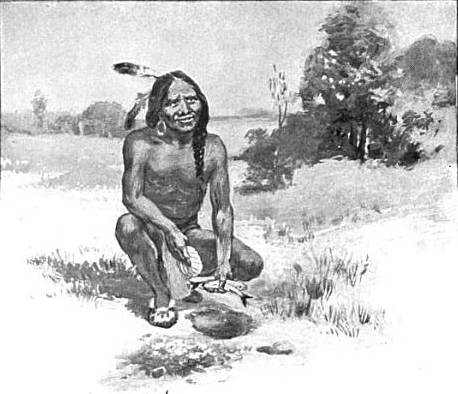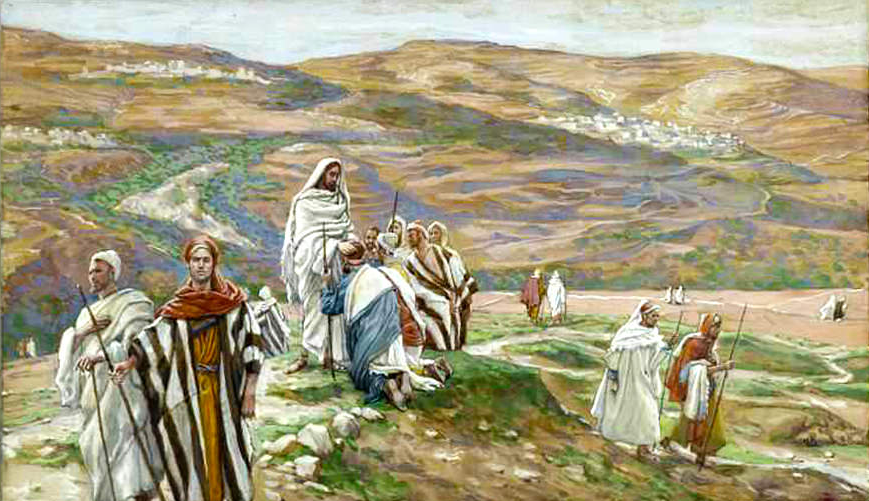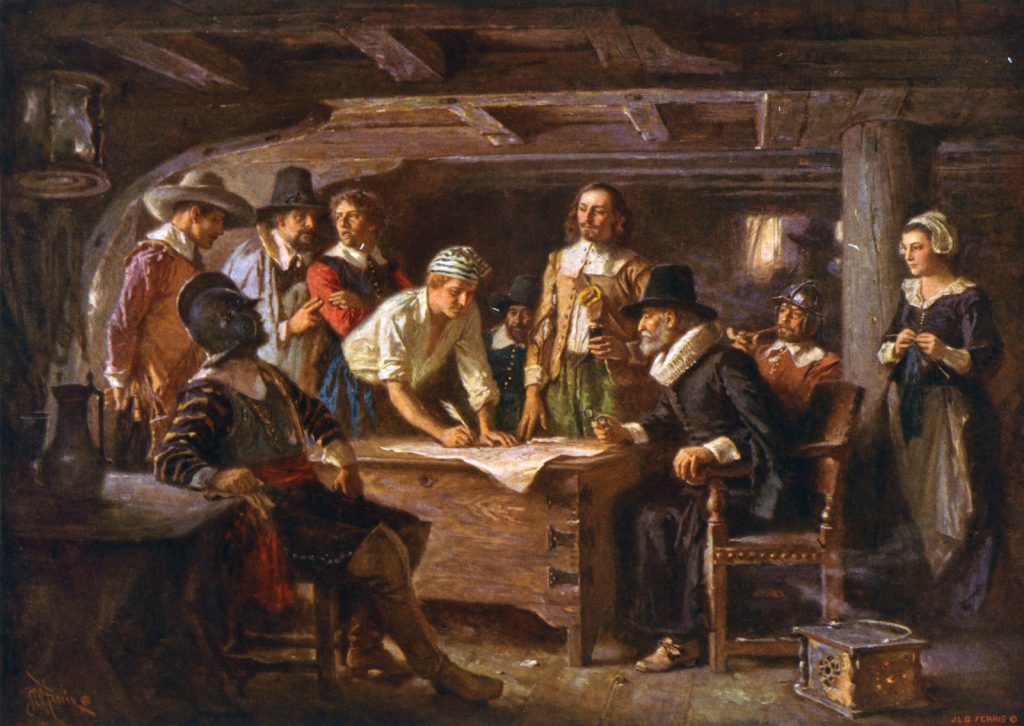From the Infogalactic article on Squant0:
Squanto was a Patuxet man who assisted the Pilgrims after their first winter in what is now Massachusetts. He was integral to their very survival. He was a member of the Patuxet tribe, a tributary of the Wampanoag Confederacy. During his lifetime, he crossed the Atlantic Ocean six times, traveling with colonists to London and back.
Squanto…derives from a Wampanoag word for divine rage. This was likely a name he was given as an adult. Smithsonian magazine reports:
More than likely Tisquantum was not the name he was given at birth. In that part of the Northeast, tisquantum referred to rage, especially ‘the world-suffusing spiritual power’ at the heart of coastal Indians’ religious beliefs. When Tisquantum approached the Pilgrims and identified himself by that sobriquet, it was as if he had stuck out his hand and said, “Hello, I’m the Wrath of God.”
It is widely believed that he helped them recover from an extremely hard first winter by teaching them the native method of maize cultivation, which buried local fish (menhaden) in the soil to fertilize crops. In 1621, Squanto was the guide and translator for settlers Stephen Hopkins and Edward Winslow as they traveled upland on a diplomatic mission to the Wampanoag sachem, known today as Massasoit. In a subsequent mission for Governor William Bradford that summer, Squanto was captured by Wampanoag while gathering intelligence on the renegade sagamore Corbitant at the village of Nemasket (site of present-day Middleborough, Massachusetts).
Myles Standish led a ten-man team of settlers from Plymouth to rescue Squanto if he was alive or, if he had been killed, to avenge him. He was found alive and welcomed back by the Pilgrims at Plymouth, where he continued in his vital role as assistant to the colony.
Governor William Bradford, in Bradford’s History of the English Settlement, wrote regarding Squanto’s death:
Here [Manamoick Bay] Squanto fell ill of Indian fever, bleeding much at the nose, which the Indians take as a symptom of death, and within a few days he died. He begged the Governor to pray for him, that he might go to the Englishman’s God in heaven, and bequeathed several of his things to his English friends, as remembrances. His death was a great loss.









